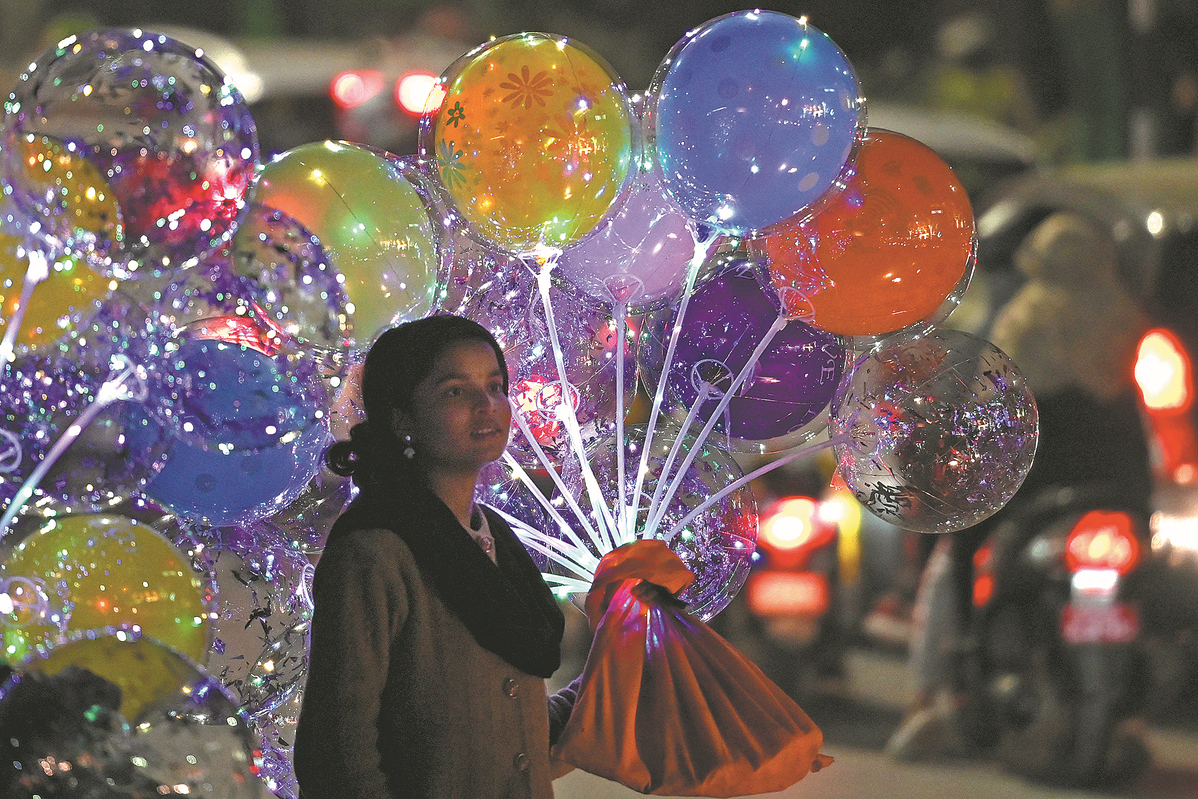On the side
Kathmandu street vendors lament lack of options following crackdown


After the city imposed a ban on street businesses in an attempt to improve pedestrian space and reduce congestion, street vendors have seen a sharp drop in their earnings. Most of them now have to sell their goods either early at the crack of dawn before the municipal police become active or in the evening, fearing that their goods will be confiscated.
Lal Babu Sah, a fruit seller, earns half of what he used to. He supports his family of four as the sole breadwinner, and as a street vendor, he must constantly dodge the police to make ends meet.
Despite the difficult position he is in, Sah still believes that Balendra Shah, Kathmandu's mayor, has done good.
"The city is cleaner than it used to be, and he's taking measures that contribute to the development of the country," Sah said. "We just hope his development measures will also help us poor people."
Sah added that simply providing an alternative location or time for street vendors to do their business would be enough.
"As soon as the police spot us, they seize our goods. If they just designate a space for us to do our business, we'd gladly accept it," Sah said.
Rajkumari Gurung, 55, has been in the street business for 14 years. She sells vegetables and flowers. She too acknowledged the positive influence of the mayor's efforts to clean the city. But she lamented that the benefits of these improvements are not reaching the city's economically disadvantaged residents, who are unfairly being targeted.
Because of the ban on street vending, Gurung sells her goods only in the early morning and in the evening. This has hit her sales and income.
Despite repeated attempts by street vendors to seek justice for the harassment they face from the municipal police and strict rules imposed by the metropolitan office, nothing concrete has been done to address their concerns or to manage the street businesses.

































